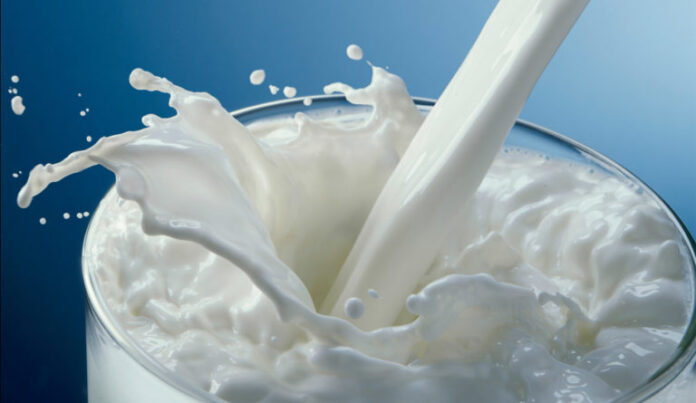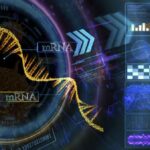I have never been keen on almond and soy milk. To me, they don’t taste like the stuff that comes from cows. But plant-based milk substitutes may soon remove cows from milk production using microbes.
The process used is precision fermentation which today is used in the pharmaceutical industry to make insulin and vitamins. Food companies use the same technique to produce casein and whey, two names you may see on product ingredient labels that are in fact milk proteins.
A German food biotechnology company, Formo, is about to move us one step closer to milk from plants that taste like the real thing. What it is doing may turn the dairy industry upside down. We are talking about a global industry worth $871 billion USD that employs 270 million cows producing 600 million tons a year. The carbon footprint from these herds releases 100 kilograms (220 pounds) of methane (CH4), the potent greenhouse gas annually. And the amount of feed, water, and land devoted to the care of herds and milk production stress global resources even further.
With global demand for dairy milk growing annually, the world has two choices to make: increase dairy-herd populations and all the support, land and food resources needed, or find a plant-based alternative that produces milk from microbes. What’s involved with the latter?
A genetically engineered yeast along with microbes and fungi are fed a steady diet of water, sugar, and micronutrients to brew milk proteins. The yeast, microbes and fungi then get filtered out and the resulting milk proteins are then used to make yogurt, cream cheese, ice cream, and even milk that looks and tastes like it came from an udder.
Perfect Day, out of Napa, California, is one of a number of companies in addition to Formo which are in the udderless milk business. It recently published an independent life cycle analysis of its production processes which stated when compared to conventional dairy produced 97% fewer carbon emissions, used 99% less water, and needed 60% less energy.
Others in the udderless milk business include a number of companies out of California including Betterland Milk, Napa, New Culture, Emeryville and Change Foods, in San Francisco. An Israel-based startup, Remilk, recently announced it was opening a microbrewery in Kalundborg, in dairy-friendly Denmark.
The dairy industry will not go quietly into the night in the face of udderless milk producers. Right now the numbers are small but dairy farmers and producers are already lobbying to have the udderless milk products labelled as genetically-modified (GMO) with all the attendant baggage attached to it even though the proteins produced by precision fermentation are identical to those produced by cows.
Why is dairy not from cows such a good idea? There are lots of reasons: World population growth, greenhouse gas emissions and climate change, arable land, food and freshwater scarcity challenges, and growing global demand for dairy which makes this the right time for microbrewed milk.
And here are a few additional reasons. This technology can be operated out of a warehouse. It doesn’t need farmable land. It doesn’t need a lot of water. It doesn’t need a lot of energy.
In George Monbiot’s documentary, Apocalypse Cow, he describes a future where every town could have a microbrewery to produce dairy products to meet local tastes and demand. He envisions a world with far fewer cows and one that will be far more sustainable.








